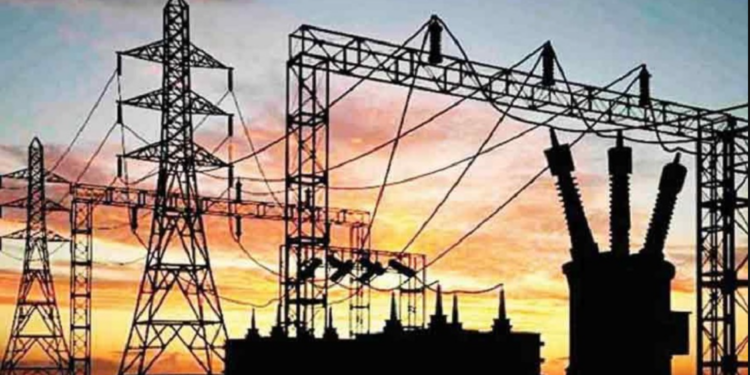The Enugu State Government has passed a bill to set up its electricity market, following the passage of the 2023 Electricity Act which allows states to develop their electricity market.
Nextier Advisory reports that Prof. Chidiebere Onyia, the Secretary to the Enugu State Government announced the Enugu State Investment Roundtable on Friday, September 1, 2023.
According to Prof. Onyia, the bill will enable Enugu State to attract investments to grow its electricity generation, transmission, and distribution.
The 2023 Electricity Act was passed by President Bola Ahmed Tinubu in June 2023.
More insights on the Electricity Act
The 2023 Electricity Act de-monopolizes Nigeria’s electricity generation, transmission, and distribution of electricity at the National level and empowers states, companies, and individuals to generate, transmit and distribute electricity.
Under the Act, states can issue licenses to private investors who can operate mini-grids and power plants within the state.
However, the Act precludes interstate and transnational electricity distribution.
While addressing how the Act would become effective in practice during a previous interview with Nairametrics, Odion Omonfoman, the Chief Executive Officer of New Hampshire Capital Limited said that the Act requires all states across the country to establish their electricity laws to govern the sector effectively.
This development is expected to bring about further enhancements in governance, efficiency, and overall performance within Nigeria’s electricity industry.
Note that Lagos, Edo, Ondo, and Kaduna states have already implemented or are in the process of developing their electricity laws.
By having their electricity laws and implementing policies accordingly, states can enhance service delivery and promote competition within the electricity market.
This competition, fueled by increased investments, will provide customers with choices between remaining connected to the national grid or opting for a state-licensed grid operator.
The NERC Context
During a Stakeholder Workshop held in July 2023, organized by the Nigerian Electricity Regulatory Commission (NERC), Musiliu Oseni, the Vice Chairman/Commissioner responsible for Market, Competition, and Rates at the Commission, addressed the critical decisions and implications faced by states when implementing the Act.
He stressed the significance of adopting specific approaches to stimulate growth within the Nigerian Electricity Supply Industry (NESI). These approaches include:
Embrace Collaboration: States should cultivate a collaborative mindset. Cooperation and coordination among stakeholders are essential for the successful implementation of the Act.
Focus on Load Growth: Prioritizing load growth is crucial. By expanding the capacity and coverage of electricity supply, states can ensure a more robust and reliable energy infrastructure.
Enhance Quality: Quality improvements in the electricity supply are paramount. Consistently providing high-quality power will not only meet consumer expectations but also attract investments and industrial development.
Prioritize Customer Satisfaction: Customer satisfaction should be a top priority. Satisfied customers are more likely to support and engage positively with the NESI, which, in turn, can lead to increased revenue and overall industry growth.
Improve Liquidity: Efforts should be directed towards improving liquidity within the electricity market. Adequate financial resources are necessary to sustain and expand the industry.
By implementing these strategies, states can contribute to the growth and development of the Nigerian Electricity Supply Industry, ultimately leading to a more efficient, reliable, and customer-centric electrical grid.















